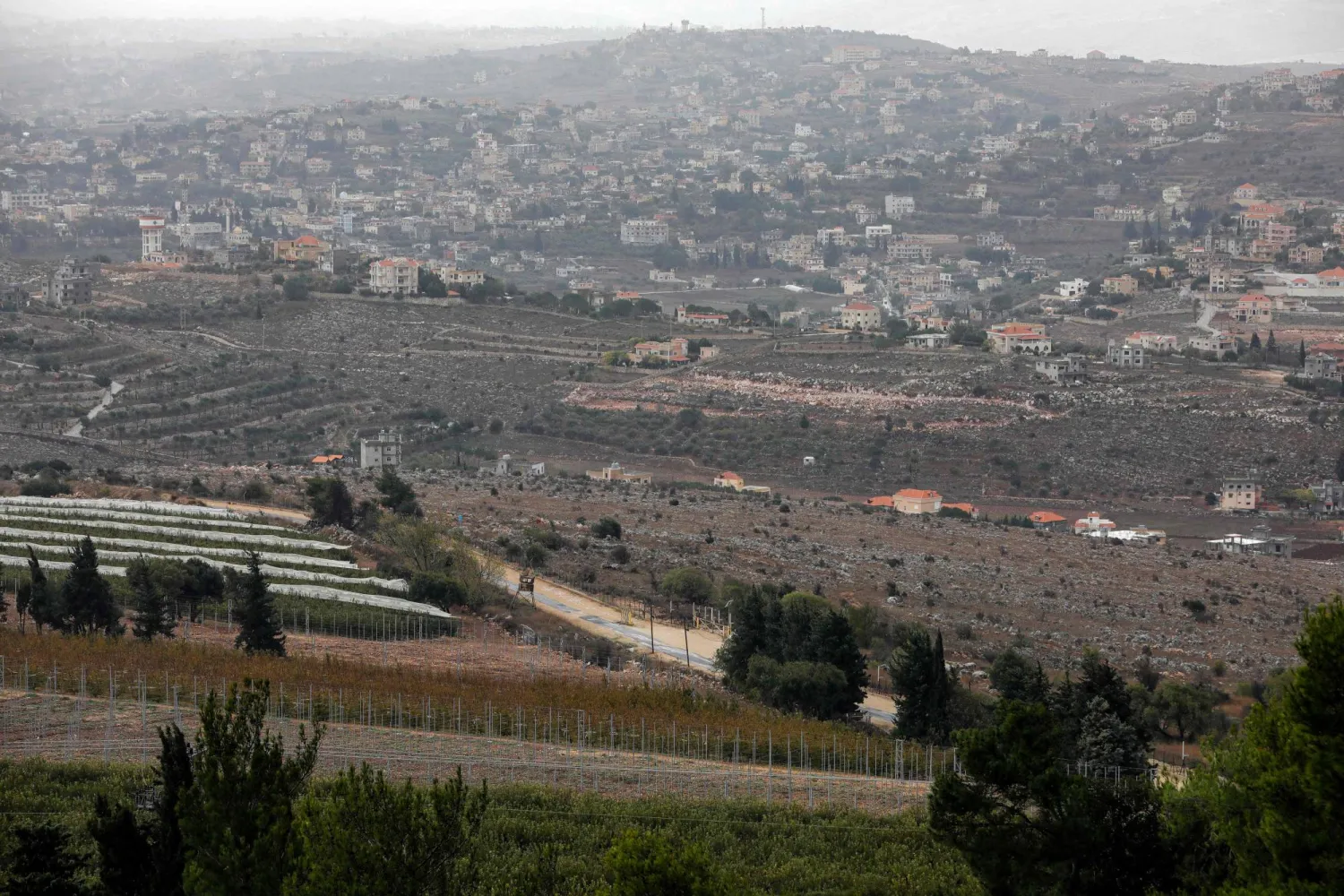The Israeli military said it intercepted an "aerial target" that crossed from Lebanon on Thursday, in an incident that jolted the calm prevailing at the frontier since the Palestinian group Hamas and Israel agreed a temporary truce.
Reuters witnesses heard blasts along the southeastern Lebanese frontier. There were no immediate claims of responsibility for any attacks from Lebanon.
Israel and the Iran-backed Lebanese group Hezbollah, a Hamas ally, had been trading fire across the border for weeks following the eruption of the Hamas-Israel war on Oct. 7, in their worst fighting since a 2006 war.
Other groups, including Hamas and the Palestinian group Islamic Jihad, also launched attacks from Lebanon against Israel during the conflict.
The Israeli army said on Thursday it had "successfully intercepted a suspicious aerial target that crossed from Lebanon into Israeli territory".
A spokesperson for the UN peacekeeping force in Lebanon (UNIFIL) told Reuters a launch was detected from Lebanon towards Israel, followed by Israeli retaliation.
Israel and Hamas struck a last-minute agreement on Thursday to extend their ceasefire for a seventh day, and Washington said it hoped the truce could be extended further to free more hostages and let aid reach Gaza.
Israeli Army Intercepts Target from Lebanon, Israel Says

This picture taken from Kibbutz Manara in northern Israel on November 27, 2023, shows the southern Lebanon village of Hula. (Photo by jalaa marey / AFP)

Israeli Army Intercepts Target from Lebanon, Israel Says

This picture taken from Kibbutz Manara in northern Israel on November 27, 2023, shows the southern Lebanon village of Hula. (Photo by jalaa marey / AFP)
لم تشترك بعد
انشئ حساباً خاصاً بك لتحصل على أخبار مخصصة لك ولتتمتع بخاصية حفظ المقالات وتتلقى نشراتنا البريدية المتنوعة







